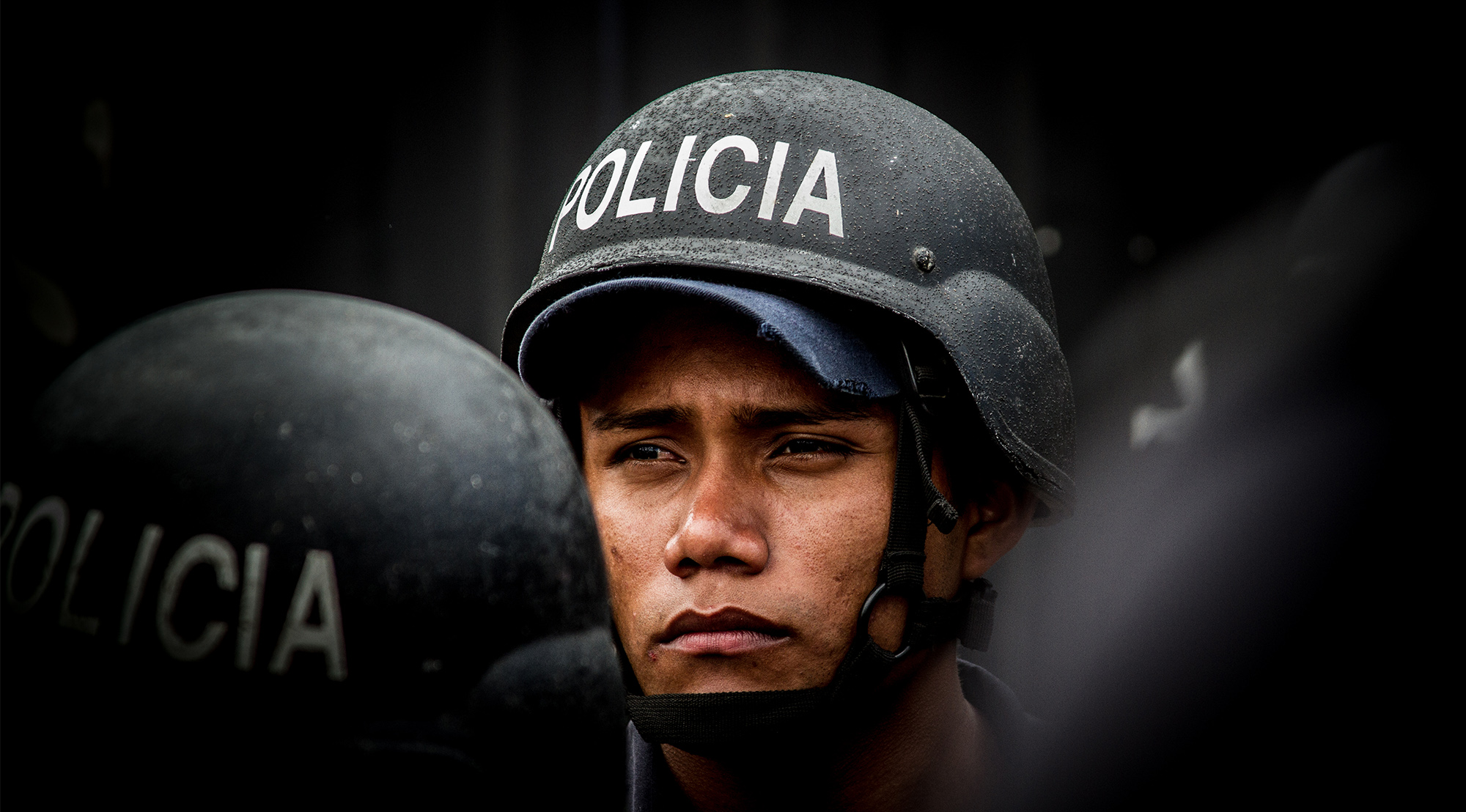“Since wars begin in the minds of men, it is in the minds of men that the defenses of peace must be constructed.” – Preamble of UNESCO Constitution, 1946
The violence in Central America can be traced back to historic power struggles and the consequences of the resulting civil war. The present-day threat that organized crime (particularly gangs of youths, also known as “maras”) poses to the civilian population impacts all areas of everyday life. The increasingly difficult security situation and lack of trust in one another hinders economic development and jeopardizes civic engagement. For development organization Brücke · Le pont, the problems with violence are also a major risk factor for the work in the area.
Brücke · Le pont therefore supports disadvantaged people in Latin America (and Africa) with its “Work in dignity” program. The program follows an integrated approach that combines the strategic focus of “strengthening professional skills”, “income generation”, and “working rights”. The “institutional strengthening of partner organizations” and the “human rights and gender approach” are also included as cross-cutting themes. Based on the context outlined above, the transversal subject of “violence prevention and conflict resolution” is added throughout the whole program in Central America. Modules on this so-called Cultura de Paz (culture of peace) concept are therefore an integral part of all vocational training courses with young people and of the process of informing factory and home workers about their labor rights.
Using participatory methods and tools, the modules communicate values and attitudes: Respect, equality, tolerance, solidarity, diversity, etc., through which the participants learn to reject violence and prevent conflicts. They get to know their rights, learn how to deal with conflicts in a creative way, and, where necessary, how to make use of professional legal or psychological assistance. Traumatic experiences are worked through in self-help groups. Young people form committees and hold peace campaigns at schools and in problematic quarters. The acquired knowledge and renewed ability to act builds self confidence and trust in fellow citizens. Solutions and ways out of the spirals of violence are becoming more tangible for the participants. This is especially apparent if, for example, young people are developing suggestions to prevent violence and negotiate them with the local authorities.


